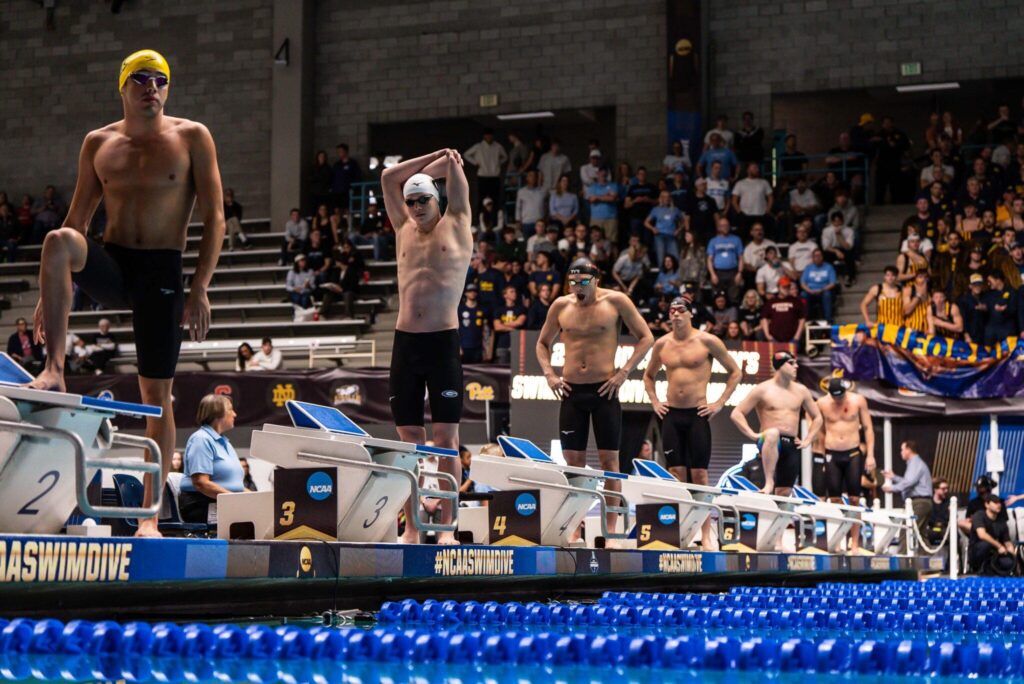In a significant move aimed at reforming collegiate athletics, Congress has introduced a new bill that seeks to establish comprehensive national guidelines for college sports programs across the country. The legislation, unveiled earlier this week, addresses key issues such as athlete compensation, health and safety standards, and academic support, marking a potential turning point in the governance of college athletics. As debates continue over the role and responsibilities of universities in managing their sports teams, this bill represents a concerted effort to create uniform policies that prioritize the welfare and rights of student-athletes nationwide.
Congress Proposes National Standards to Enhance Athlete Safety and Eligibility
Lawmakers have put forward a comprehensive bill aimed at establishing uniform protocols across collegiate athletic programs nationwide. The legislation focuses on enhancing athlete safety measures by mandating standardized health screenings, concussion protocols, and emergency response plans. This initiative arises in response to growing concerns over inconsistent safety practices that have put student-athletes at risk. The proposal emphasizes collaboration between universities, athletic associations, and healthcare professionals to ensure consistent implementation and ongoing evaluation of protective measures.
Apart from safety, the bill introduces clear eligibility criteria designed to create a fair and transparent environment for student-athletes. Key stipulations include academic performance benchmarks, residency requirements, and transfer policies. The following table summarizes the proposed eligibility standards:
| Eligibility Factor | Requirement |
|---|---|
| Minimum GPA | 2.5 on a 4.0 scale |
| Enrollment Status | Full-time student |
| Transfer Waiting Period | One academic semester |
| Participation Limits | Four seasons per sport |
Supporters argue that these national guidelines will promote equity and academic integrity while protecting athletes’ well-being. However, some critics caution about the challenges of enforcing uniform standards given the diversity of institutions and athletic conferences across the country.
Bill Aims to Strengthen Oversight and Transparency in College Sports Programs
The proposed legislation seeks to impose stricter accountability measures on collegiate athletic departments, ensuring that programs operate with increased transparency. Key provisions include mandatory audits of financial activities, standardized reporting on athlete welfare, and the establishment of independent committees to oversee compliance. Advocates argue these enhancements will curb corruption, promote ethical management, and safeguard student-athletes from exploitative practices.
Among the bill’s notable features are:
- Financial Transparency: Annual disclosure of budgets and expenditures related to sports programs.
- Health & Safety Protocols: Comprehensive reporting on injury prevention and mental health initiatives.
- Compliance Oversight: Appointment of third-party auditors with authority to investigate irregularities.
| Aspect | Current Status | Proposed Change |
|---|---|---|
| Financial Audits | Optional | Mandatory annually |
| Athlete Health Reporting | Inconsistent | Standardized national guidelines |
| Oversight Authorities | Internal only | Independent third-party auditors |
Lawmakers Highlight the Need for Uniform Policies on Scholarships and Recruitment
In a move to standardize college athletics across the nation, legislators have emphasized the urgent necessity of coherent guidelines governing scholarships and recruitment practices. Variations among states and institutions often lead to unequal opportunities for student-athletes, prompting calls for clear, uniform policies. Lawmakers argue that a cohesive framework would not only promote fairness but also streamline compliance for universities and athletic programs, reducing administrative burdens and potential legal disputes.
Key areas targeted by the proposed legislation include:
- Consistent scholarship award criteria
- Transparent recruitment procedures
- Clear timelines for commitment and enrollment
- Standardized eligibility requirements for athletes
| Policy Aspect | Current Variability | Proposed Standardization |
|---|---|---|
| Scholarship Renewal | Yearly, at institution discretion | Guaranteed minimum of 2 years |
| Recruitment Contact | Some states allow early outreach | Uniform start date nationwide |
| Eligibility Verification | Different academic requirements | National baseline standards |
Experts Recommend Federal Support to Address Mental Health and Academic Balance
Leading mental health specialists and academic advisors are urging the federal government to step in with comprehensive support measures aimed at helping student-athletes maintain a healthy balance between their educational requirements and mental well-being. The pressures of rigorous training schedules coupled with academic responsibilities have been linked to rising levels of anxiety, depression, and burnout among college athletes nationwide.
Experts emphasize the importance of implementing structured programs that include:
- Federal funding for on-campus counseling services specialized for athletes
- Mandatory mental health education integrated into athletic orientation
- Flexible academic scheduling to accommodate training and competition
- Regular assessments to identify early signs of mental health challenges
| Support Measure | Expected Impact |
|---|---|
| Increased Counseling Access | Reduced stigma and timely intervention |
| Flexible Class Scheduling | Improved academic performance and less stress |
| Mental Health Training | Enhanced awareness among athletes and staff |
To Conclude
As Congress moves forward with the proposed bill to establish national guidelines for college sports, stakeholders across the industry are closely monitoring its progress. Advocates say the legislation could bring much-needed consistency and protections for student-athletes, while critics urge careful consideration of its potential impacts. The coming weeks will be pivotal in shaping the future of collegiate athletics nationwide. USA Today will continue to provide updates as the story develops.





